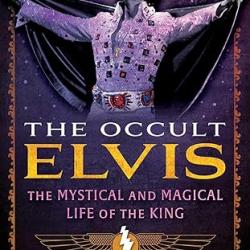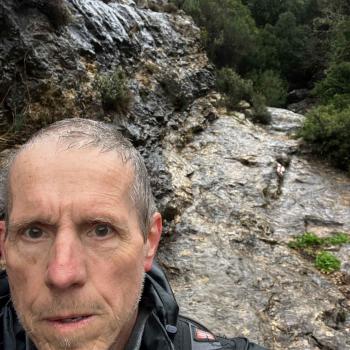Lectionary Reflections: Year A
First Sunday in Lent
March 13, 2011
Genesis 2:15-17; 3:1-7
We begin our Lenten journey with a close look at why we need to go on this trip in the first place. These very famous verses from the ancient book of Genesis point to two basic realities of our religious lives: God made us for a special task but we rejected that task and chose another of our own devising.
In Genesis 2:15-17 God, after creating the 'adam, the earth creature formed from the soil ('adamah in Hebrew; Gen. 2:7), now proceeds to place the creature in the "garden of Eden" in order to perform two tasks. First, the creature is to "serve" this garden. The traditional translation of this word as "till" is plainly a throwback to the King James reading, published in 1611, which reflected an agriculturally based culture. But this Hebrew word is the common word "serve," from which, for example, the word "slave" derives.
The distinction between the two readings is important. "Tilling" implies that I am in control of the garden and am called to work it so as to make it better, more productive. That in itself is not so bad, but it can become dangerous if I assume that I am in fact in complete control of the garden, rather than being a servant of the soil, working in consort with it to make the garden more fruitful. This difference has enormous environmental consequences for our world where we struggle to find our proper place in the cosmos, not as controller of it but as servant and partner with it. With increasing temperatures and loss of productive soil, among many other potential and actual environmental catastrophes, reading this word in the right way may be nothing less than a matter of life and death for the planet.
Second, the creature is to "protect/guard" the garden. The more common reading "keep" has the air of ownership, of having a rightful claim on the garden. To protect or guard the garden is a more useful partner with "serve"; I serve the garden and then I protect that which I serve. I do not control or own.
Then God gives a command to the earth creature. "You may freely eat of every tree in the garden, but of the tree of the knowledge of good and evil (more commonly 'bad') you shall not eat of it, for in the day that you eat of it you shall die" (Gen. 2:16-17). The command is both expansive and restrictive. The whole garden is open for food for the creature; that will be a bone of contention between the woman and the snake in the next chapter. Yet, there are restrictions in this garden; "the tree of good and bad" is off limits.
I translate the second common Hebrew word ra as bad, so as not to overload the word with too much negative connotation. "Evil" is clearly a stronger word than "bad." And there is another feature of the Hebrew phrase that should be noted. The locution "good and bad" is in other places in the Bible another way of saying "everything." In effect, this tree is nothing less than the tree of the knowledge of everything. Plainly, God, who presumably is the possessor of the "knowledge of everything," wants to be certain that God's created creature does not seek such vast and ultimately divine knowledge. The next part of the story will confirm God's worst fears.
"Now the serpent (snake) was more crafty (clever, 'arum) than any other wild creature that YHWH God had made" (Gen. 3:1-7). It is not surprising that a snake plays an important role in the story, since snakes are strange creatures, moving oddly, hiding in holes in the ground and under rocks. There is a difficult story about snakes in nearly every ancient culture. And this snake is "crafty." A better reading is "clever," since that word is less loaded with negative connotation than the former. The word itself, "clever" ('arum) is a pun on a word that was used in Genesis 2:28, "naked" ('arumim) with reference to the man and the woman of the garden. Somehow the cleverness of the snake will confront the nakedness of the human creatures. One translator captures the pun nicely by reading, "The man and the woman were nude, and the snake was shrewd."
The snake marches up to the woman (he does not crawl until later in the story) and asks, "Did God say, 'You shall not eat from any tree of the garden'?" (Gen. 3:1) The rather odd Hebrew might also be read: "So, God said you could not eat of any tree of the garden, huh?" The question is both a request for information and a challenge. We know, and as the woman now reveals that she also knows, that the snake does not know what he is talking about. The command of God at 2:16 was clear; every tree, save one, is available for food. And so the woman responds, "We may eat of the fruit of the trees of the garden, but God said, 'You shall not eat of the fruit of the tree that is in the middle of the garden, nor shall you touch it, or you shall die'" (Gen. 3:2-3). The woman is both right and not right. She is right that the one tree is off-limits for eating, but she adds the small phrase "we cannot touch the tree" to the command of Genesis 2:17. And we must ask why; stories like this one have no wasted words.





